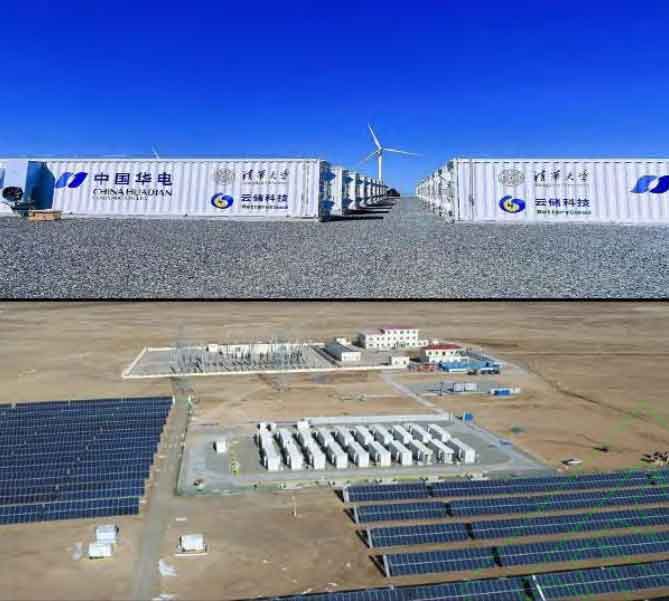Battery energy storage systems (BESS) are indeed revolutionizing power consumption, offering both environmental and economic benefits by enhancing the efficiency and reliability of energy supply. Let’s delve into the key ways through which this revolution is unfolding:

1. Grid Stabilization and Load Balancing
- Battery energy storage systems (BESS) plays a crucial role in stabilizing the power grid by providing ancillary services such as frequency regulation and voltage control. They can quickly absorb excess electricity and release it during peak demand, thus maintaining the balance between electricity supply and demand.
2. Integration of Renewable Energy Sources
- One of the biggest challenges with renewable energy sources like solar and wind is their intermittent nature. Battery energy storage systems (BESS) can store surplus energy generated during peak production times and release it when production is low, thereby smoothing out the variability and ensuring a steady supply of electricity.
3. Energy Arbitrage
- Battery energy storage systems (BESS) owners can benefit financially through energy arbitrage by buying electricity when prices are low (typically during periods of low demand or high renewable generation) and selling it when prices are high. This not only provides economic benefits but also helps in reducing peak demand pressures on the grid.
4. Increased Energy Independence and Security
- By allowing homeowners, businesses, and utilities to store and use their own electricity on demand, battery storage systems can reduce reliance on the grid, thereby increasing energy independence and security. This is particularly valuable in remote or island communities and in areas prone to natural disasters or power outages.
5. Reducing Carbon Footprint
- Battery energy storage systems (BESS) facilitates a greater adoption of renewable energy sources by overcoming their intermittency issues, leading to a significant reduction in carbon dioxide emissions from power generation. This transition to cleaner energy sources is vital in combating climate change.
6. Supporting Electrification of Transport
- As electric vehicles (EVs) become more widespread, the demand for electricity will increase. Battery energy storage systems (BESS) can help meet this demand more efficiently by managing the load on the grid, especially during peak charging times. Furthermore, integrating EVs with battery energy storage systems (BESS) can provide additional grid services, such as vehicle-to-grid (V2G) technologies, where EV batteries supply power back to the grid when needed.
7. Cost Savings and Economic Efficiency
- For industries and commercial buildings, using battery energy storage systems (BESS) can lead to significant cost savings by reducing peak demand charges, which are often a substantial part of the electricity bill. Additionally, battery energy storage systems (BESS) can provide backup power during outages, avoiding costly interruptions to operations.
Future Prospects
The potential of battery energy storage systems (BESS) is vast, with ongoing advancements in battery technologies driving down costs and improving efficiency and lifespan. Innovations in areas such as solid-state batteries, flow batteries, and improved lithium-ion technologies are expected to further enhance the capabilities and reduce the cost of energy storage.
As policies and regulations evolve to support energy storage and as technology continues to advance, the role of battery energy storage in revolutionizing power consumption is set to expand, marking a significant shift towards a more sustainable and efficient energy landscape.
